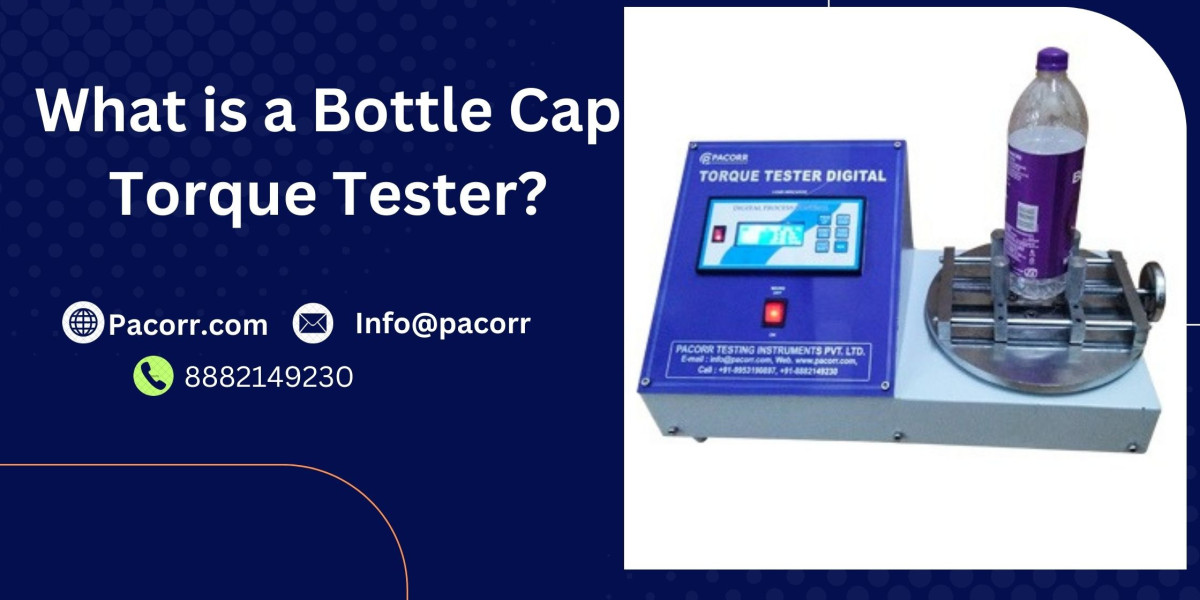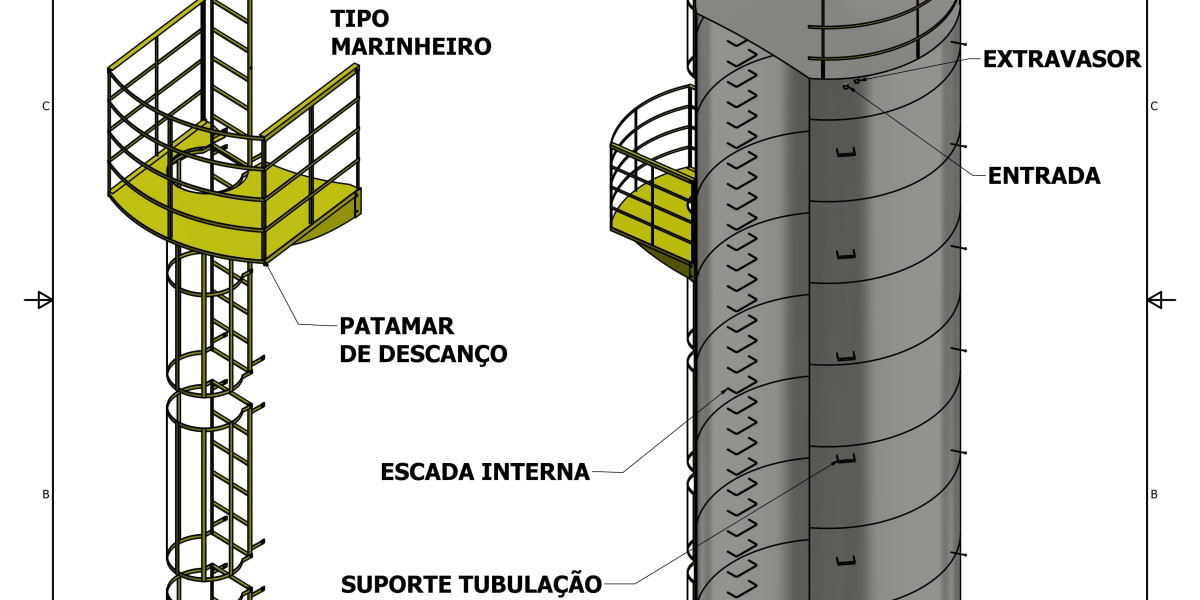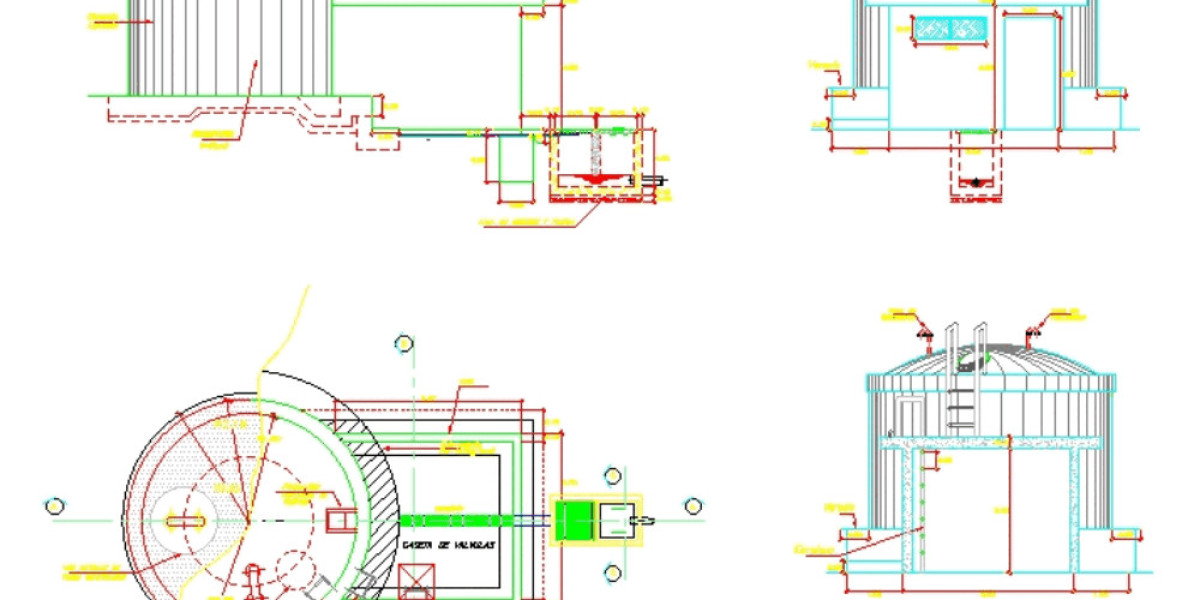A Bottle Cap Torque Tester is an essential tool that helps manufacturers measure the force needed to open or close a bottle cap. This device ensures that caps are secure but not overly tight, maintaining a balance between safety and user convenience.
This article explores what a torque tester is, why it is important, and how it benefits packaging processes across various industries.
What is a Bottle Cap Torque Tester?
A Bottle Cap Torque Tester is a precision instrument used to determine the torque required to tighten or loosen a bottle cap. This device helps manufacturers maintain consistent capping standards, ensuring that bottles are sealed correctly to prevent leaks, tampering, or contamination. Properly calibrated torque is essential to ensure that the product is safe, accessible, and complies with industry standards.
Why is Torque Testing Necessary?
- Leak Prevention
Proper torque ensures that bottle caps are sealed tightly enough to prevent leaks during shipping and storage. - User Experience
Over-tightened caps can be difficult for consumers to open, while loose caps can lead to spillage. Torque testing ensures Bottle Cap Torque Tester Manufacturers strike the perfect balance. - Compliance with Standards
Many industries have strict packaging guidelines, and torque testing helps meet these regulatory requirements. - Product Safety
Accurate torque testing ensures that the contents of the bottle are protected from contamination or tampering. - Cost Savings
Identifying and addressing capping issues early can save costs associated with product recalls, customer complaints, or wasted products.
Applications of Bottle Cap Torque Testers
Torque testers are widely used across multiple sectors, including:
- Food and Beverage Industry: To secure caps on water bottles, juice containers, and carbonated drinks, ensuring they are leak-proof and easy to open.
- Pharmaceuticals: To verify the proper sealing of medicine bottles and ensure tamper-evidence standards are met.
- Cosmetics: To maintain the integrity of beauty products, such as lotions, perfumes, and shampoos, by ensuring caps are sealed properly.
- Chemicals: To guarantee that hazardous substances are securely sealed to prevent leaks or accidents.
Features of a High-Quality Bottle Cap Torque Tester
- Precise Measurements
Provides accurate torque readings, helping manufacturers adhere to quality standards. - Wide Compatibility
Designed to test various cap sizes and types, making it suitable for different packaging designs. - User-Friendly Design
Many models come with digital displays and simple controls, making them easy to operate. - Data Storage and Analysis
Advanced models allow users to store and analyze test data, improving long-term quality control efforts. - Durable Construction
Built to withstand the demands of industrial use, ensuring long-term reliability and performance.
Advantages of Using a Bottle Cap Torque Tester
- Improved Product Quality
Ensures that every Bottle Cap Torque Testing meets the required sealing standards, reducing product defects. - Enhanced Safety
Prevents issues like leaks, contamination, or tampering, which could compromise product safety. - Consistency in Packaging
Helps maintain uniform quality across production batches, reinforcing brand reputation. - Operational Efficiency
Speeds up the identification of capping issues, minimizing production delays and waste. - Customer Satisfaction
Products are easier to open and leak-free, providing a better experience for end users.
How to Choose the Right Torque Tester
When selecting a torque tester, consider the following:
- Measurement Range: Ensure the tester is suitable for the torque levels required by your packaging.
- Versatility: Look for a model that can handle a variety of bottle sizes and cap types.
- Ease of Use: Choose a tester with an intuitive interface and straightforward operation.
- Data Capabilities: Consider models with data recording features if you require long-term analysis.
- Durability: Opt for a tester designed for high-volume or demanding environments.
Best Practices for Torque Testing
- Regular Calibration
Periodically calibrate your torque tester to ensure accurate results. - Consistent Testing Environment
Perform tests under the same conditions to avoid variations caused by temperature or humidity. - Frequent Sampling
Regularly test bottles from production batches to catch any potential issues early. - Training Staff
Ensure operators are properly trained to use the torque tester and interpret its readings accurately.
Conclusion
A Bottle Cap Torque Tester price is a crucial tool for maintaining packaging quality in industries that rely on bottled products. By ensuring that caps are applied with the correct torque, these devices help manufacturers protect their products, meet regulatory standards, and deliver a consistent and satisfying experience to consumers.
Whether you’re in food and beverage, pharmaceuticals, cosmetics, or chemicals, investing in a reliable torque tester is a proactive step toward better packaging quality and operational efficiency. Take the initiative today to safeguard your product integrity and boost customer trust.








